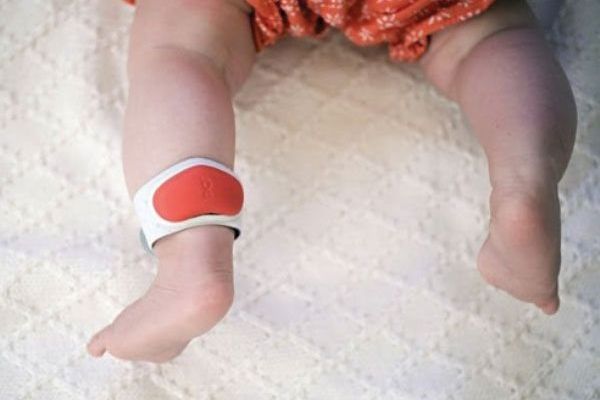In the not-so-distant past, American culture dictated that most boys be circumcised shortly after birth. While it's true that many still receive the procedure and it is generally safe, some health care providers and parents have begun to question the practice and the legitimacy of the health claims behind it.
This makes the choice of whether to circumcise your son more difficult than ever before. Oftentimes, the decision is tied to religious or cultural beliefs, particularly practiced among those of the Jewish and Islamic faiths. Circumcision is common in the United States, Canada and the Middle East and less common in Europe, Asia and South and Central America.
The American Academy of Pediatrics does not recommend for or against circumcision, saying that neither the risks nor the benefits are crucial to your son's health. Take comfort in knowing that boys with either circumcised or intact penises both grow up to be healthy and happy.
Educate yourself and discuss the options with your partner and your health care provider to decide which option is best for your child.
If I want my baby circumcised, when should we do it?
Typically, a baby will be circumcised within the first few days after birth, though some medical professionals recommend waiting a couple of weeks. If your baby is born in a hospital, circumcision likely will take place before you leave, usually within 48 hours. If your baby is born in a birth center or at home or if there are religious or medical reasons (such as premature birth or hemophilia), the procedure may be delayed.
How is a penis circumcised?
Circumcision involves removing the foreskin at the tip of your baby's penis. If performed in a hospital or medical office, local anesthesia is generally used, and the circumcision takes about 5 to 20 minutes. Several procedures can be used, so be sure and discuss it with your health care provider.
The Jewish circumcision, or Mohel (also called a bris or holistic circumcision), takes place in a home or Jewish facility around eight days after birth. It is done without anesthesia, with the parents holding the baby. The procedure often uses a Mogen clamp, and then a single cut with a scalpel to remove the foreskin.
Circumcision can be done at any time in a male's life, but some medical professionals say that it's safest when done on a healthy newborn infant.
What is the proper care for a circumcision?
If you choose to have your baby circumcised, you will have to help clean the incision for about 10 days after the operation. The penis will swell a little, a clear crust will form and there will be some slight bleeding. If you notice excessive bleeding, yellow discharge or coating, or intense redness or swelling, these are signs of infection, and you should contact your healthcare provider.
Are there health benefits to having a circumcision?
There are some health benefits to circumcision, but they remain so slight that many nationally recognized pediatric societies do not currently make any hard and fast recommendations for parents. It has been shown that circumcised males have a lower risk of urinary tract infections, sexually transmitted infections or diseases, foreskin infections and penis cancer, but penis cancer is rare in all males. Additionally, genital hygiene tends to be easier for boys who are circumcised.
An uncommon condition known as phimosis occurs in intact males and makes the foreskin difficult or impossible to retract. This may require treatment or surgery to correct.
Are there health benefits to not having a circumcision?
The foreskin helps retain sexual sensitivity and protecting the tip of the penis from wear and tear.







